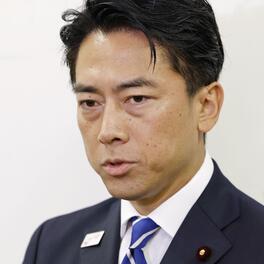The supporters of a prominent Japanese politician, Mr. Koizumi, have recently come under fire for their online activities. They have attracted criticism for their attempts to sway public opinion by soliciting supportive posts online, causing whispers of exploitation and backlash. The exact timeline and nature of these actions are yet undisclosed, but their effects are palpable in the mounting disappointment and criticism emanating from the Japanese public.
In Japan, the manifestation of public opinion is a highly respected and arguably democratic practice. The attempt by the Koizumi faction to manipulate this process has invoked discontent among many, tending to the belief that the action contradicts the democratic value of forming an unbiased public opinion. The event is a critical one in Japan's political landscape and is being scrutinized by its citizens and political critics alike.
In the US or EU, similar incidents involving political interference on social media have caused widespread controversy as well, bringing up the issues surrounding transparency, violation of privacy, and political impartiality. In both regions, such actions by political factions would be held accountable and subjected to vigorous public debate and potential legal investigation.

